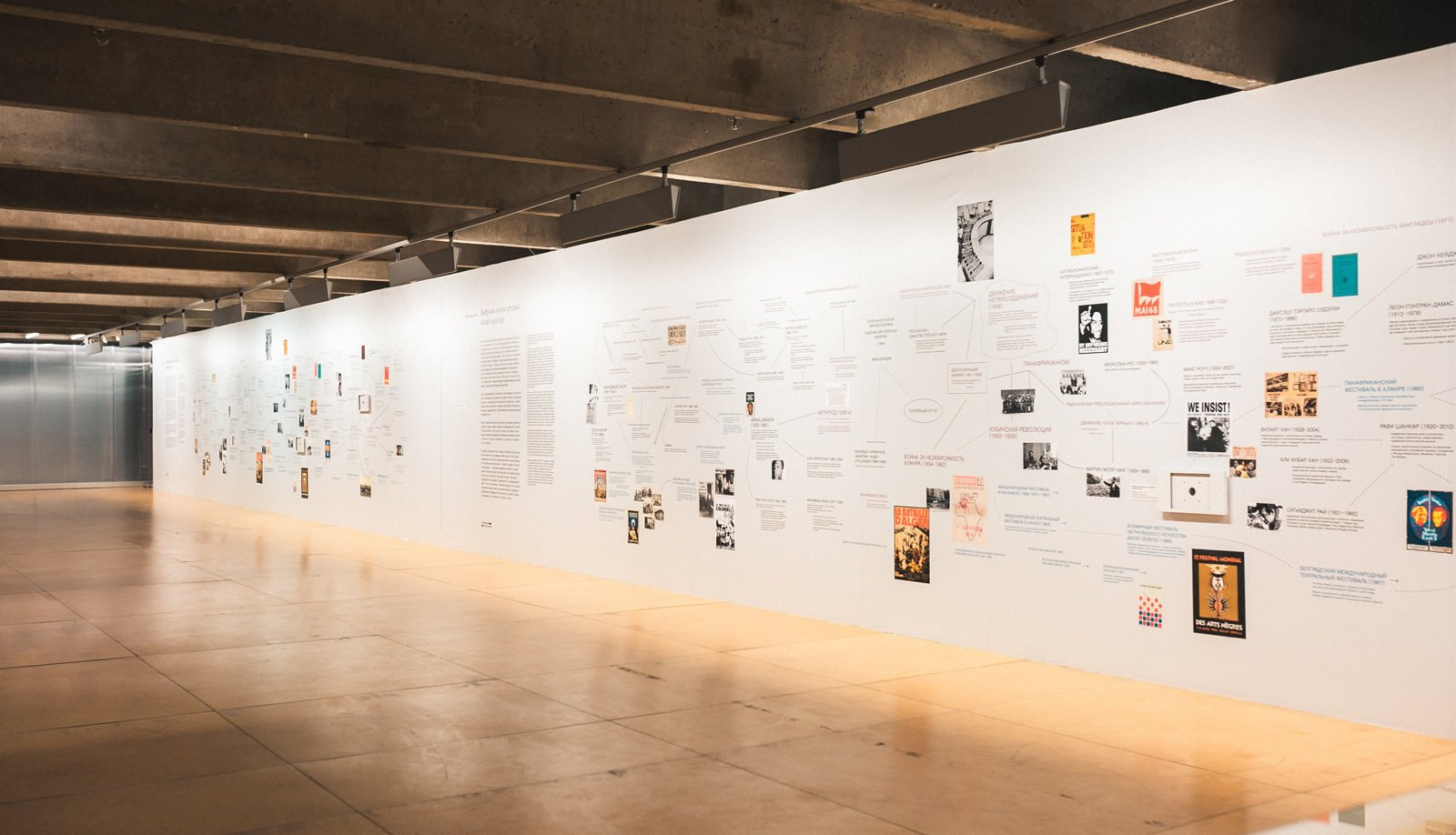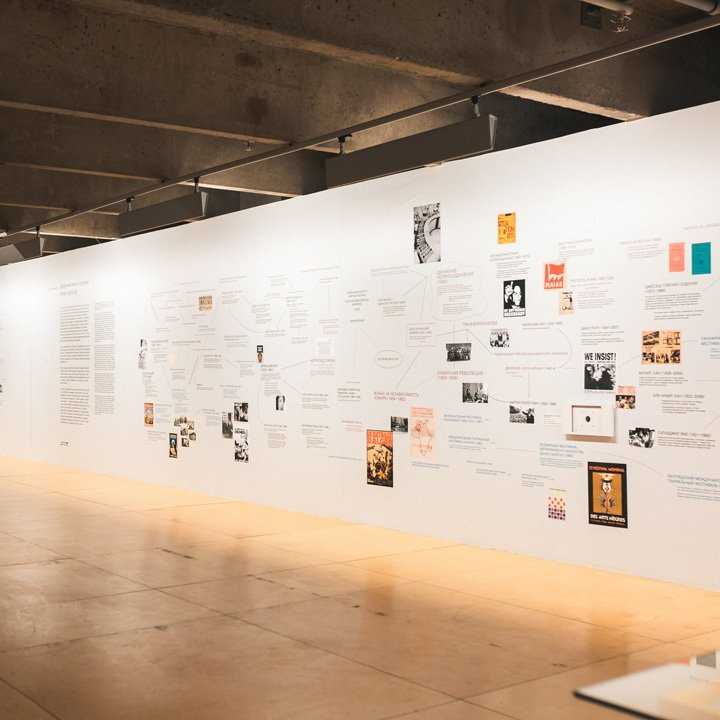This lecture will discuss the working methodology of the curatorial think tank Archaeology of the Final Decade (AOTFD) through an examination of two open-ended case studies.
AOTFD focuses on recovering cultural memory and reclaiming "sites of disappearances"—areas of history that have been erased, destroyed, banned or endangered. The practice concerns itself with histories of nations condemned by social displacement, cultural annihilation or deliberate disappearance. It engages with accounts of culture lost through material destruction, acts of censorship, and other political, economic or human contingencies. This practice enacts processual retracing (historical) and reintegration (now) into cultural memory and discourse, as a performative counteraction of violent, systemic historical erasures.
What does it mean to inherit aspiration? This presentation attempts an answer, taking the Festival of Arts, Shiraz-Persepolis as its point of departure. It maps the intersecting intellectual and geopolitical trajectories leading to the inception, consolidation, and demise of this radical, yet virtually forgotten cultural event. As a performance festival held annually in Iran between 1967 and 1977, in and around the city of Shiraz and the ancient ruins of Persepolis, it was declared culturally decadent and un-Islamic by a religious decree and its records removed from public access in 1979. Introducing distant voices from Asia and Africa into the international cultural discourse and juxtaposing them alongside neo-avant-garde expressions in the immediate aftermath of decolonization, the festival allowed for fluid exchanges across geographies, histories, forms, and genres and questioned linear and evolutionist conceptions of culture in ways and on a scale that had never been possible before. Assembling together the festival’s remaining and side-lined material, the paper conjures the euphoric, utopian impulses and historical tensions that marked the cross-cultural histories of art and anti-colonial struggle in the 1960s and 1970s.
What does it mean to inherit traumas? The paper draws upon investigations into the bloody history of the red-light district of Tehran, called Shahr-e No. The district was a vibrant, but squalid, urban neighborhood which was formed in the early part of the last century. It was violently burnt to the ground in 1979 only a few days before the arrival of the Islamist leader to Tehran, and subsequently bulldozed flat and erased from sight. This year, 2019, marks the fortieth anniversary of that event.

